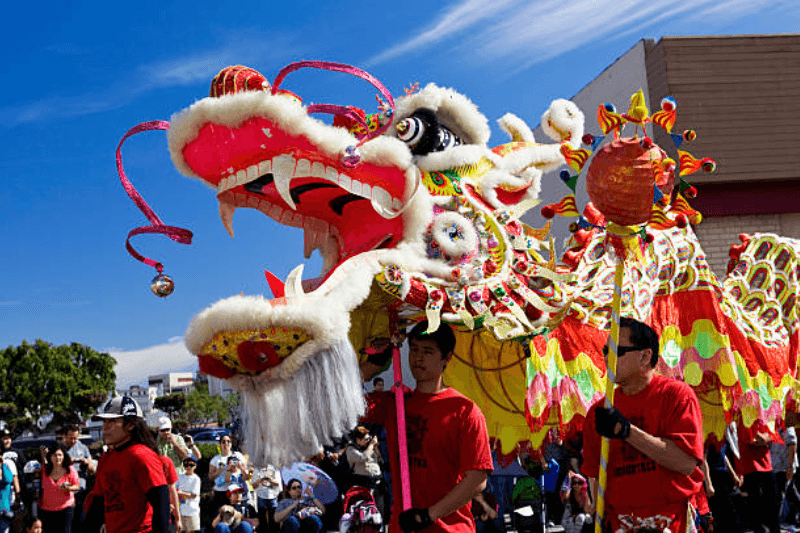
How China uses its resurgence from Coronavirus and economic slump as its strongest geopolitical ploy
Since the onslaught of coronavirus all the nations have been battling to get their economies back on track but the closest they can hope is to reduce the negative growth rate. There has been only one nation which stands as an exception to this global phenomenon, China, the first to be hit by the pandemic outbreak. Beijing’s resurgence from both coronavirus and economic slump evidently gives it a huge advantage and upper hand in bringing out a stronger geopolitical strategy.
The Communist country has been single-mindedly focusing on becoming a global hegemon. And one can clearly sense so from a decade old confrontation between former US Secretary of State Hilary Clinton and then Chinese foreign minister, Yang Jiechi, where later said, “China is a big country, and other countries are small countries and that is just a fact.” The current crisis has provided Beijing the best space to prove this statement true.
China has been using all the possible tactics ranging from: mask diplomacy to make more allies or rather buy more allies, aggressive wolf warrior diplomacy to silence its critics, rampant building and militarisation of islands to establish its dominance over disputed waters of South China Sea to controlling dissent at home with repressive laws like national security law, steering the nation far away form democracy.
As Henry Kissinger said, China has been trying to ‘shift the world’s centre of gravity from the Atlantic to the Pacific’. If we observe closely China is getting successful in doing so. Despite both the US presidential candidates raising the call for ‘decoupling’ with China very few US companies have actually followed the call. Beijing’s strong economic pull has still kept big US financial service firms, such as JP Morgan, BlackRock, Vanguard etc., on its land. Even the US technology giant, Apple, despite making few shifts to India has not been able to pull its foot out of the Chinese soil completely as it still counts China as its major manufacturer and assembler of smartphones.
When the world economies finally heal from covid-driven recession, they might need to alter their geopolitical strategies to deal with a bigger, and far more powerful China.




